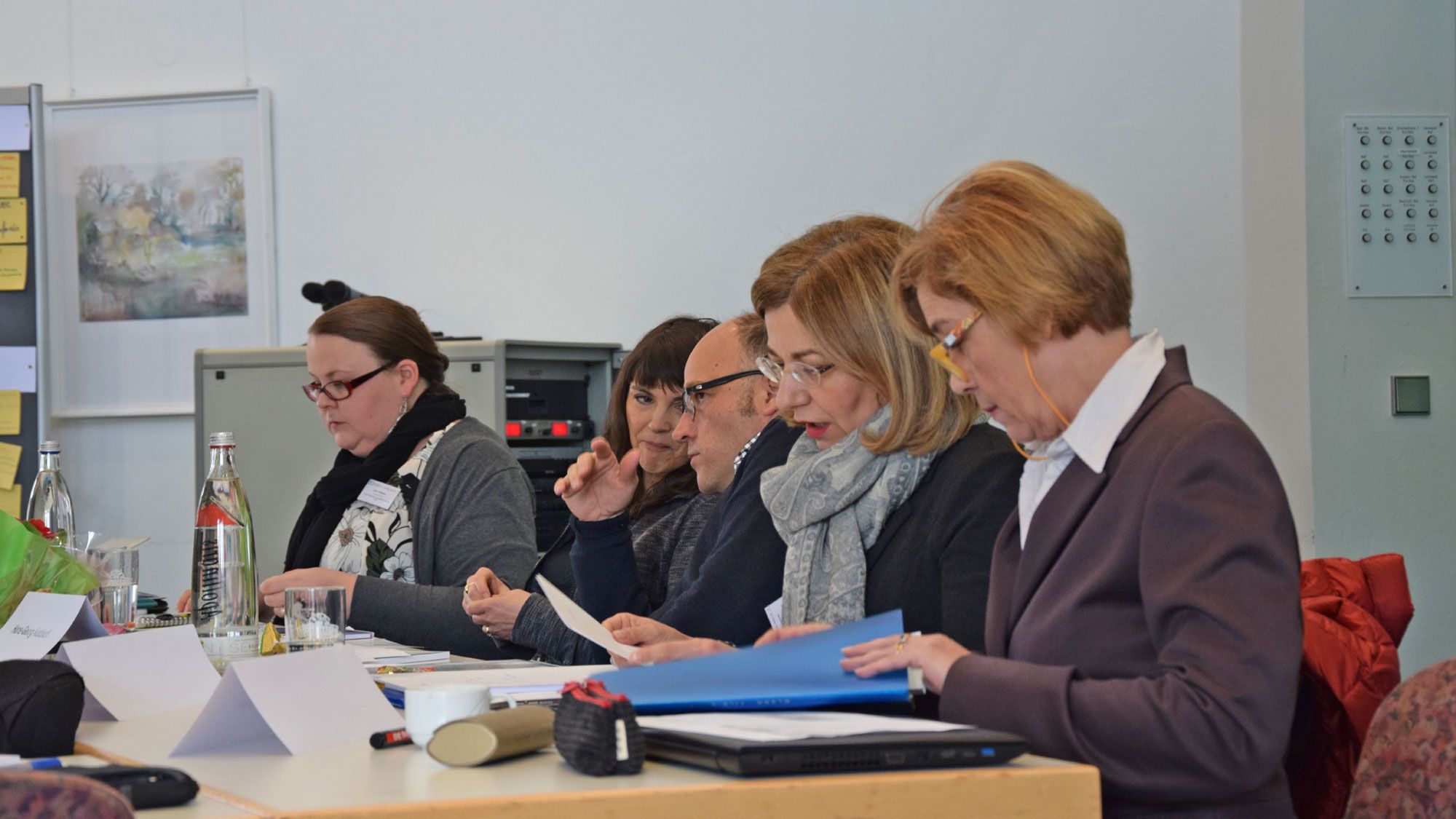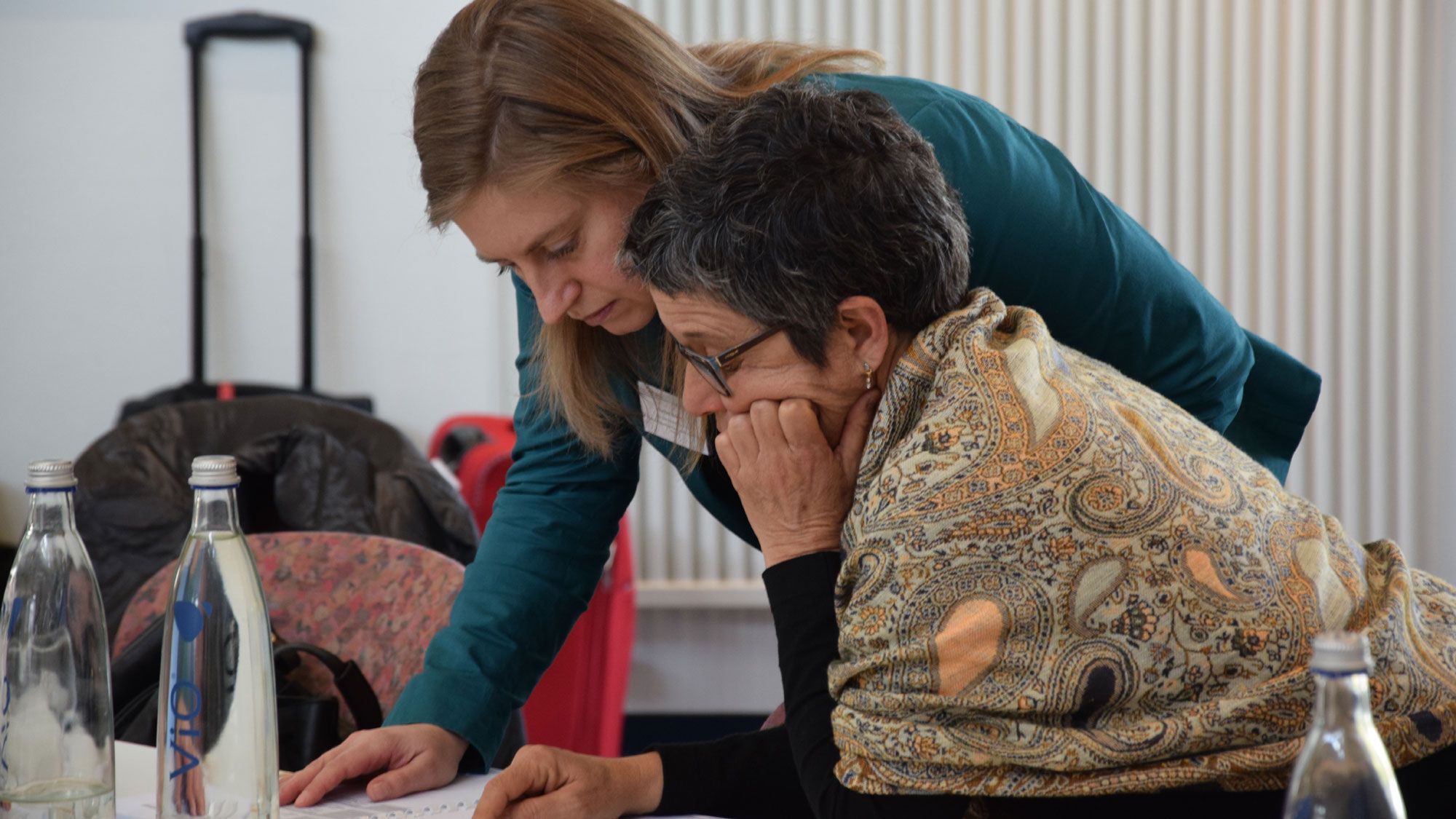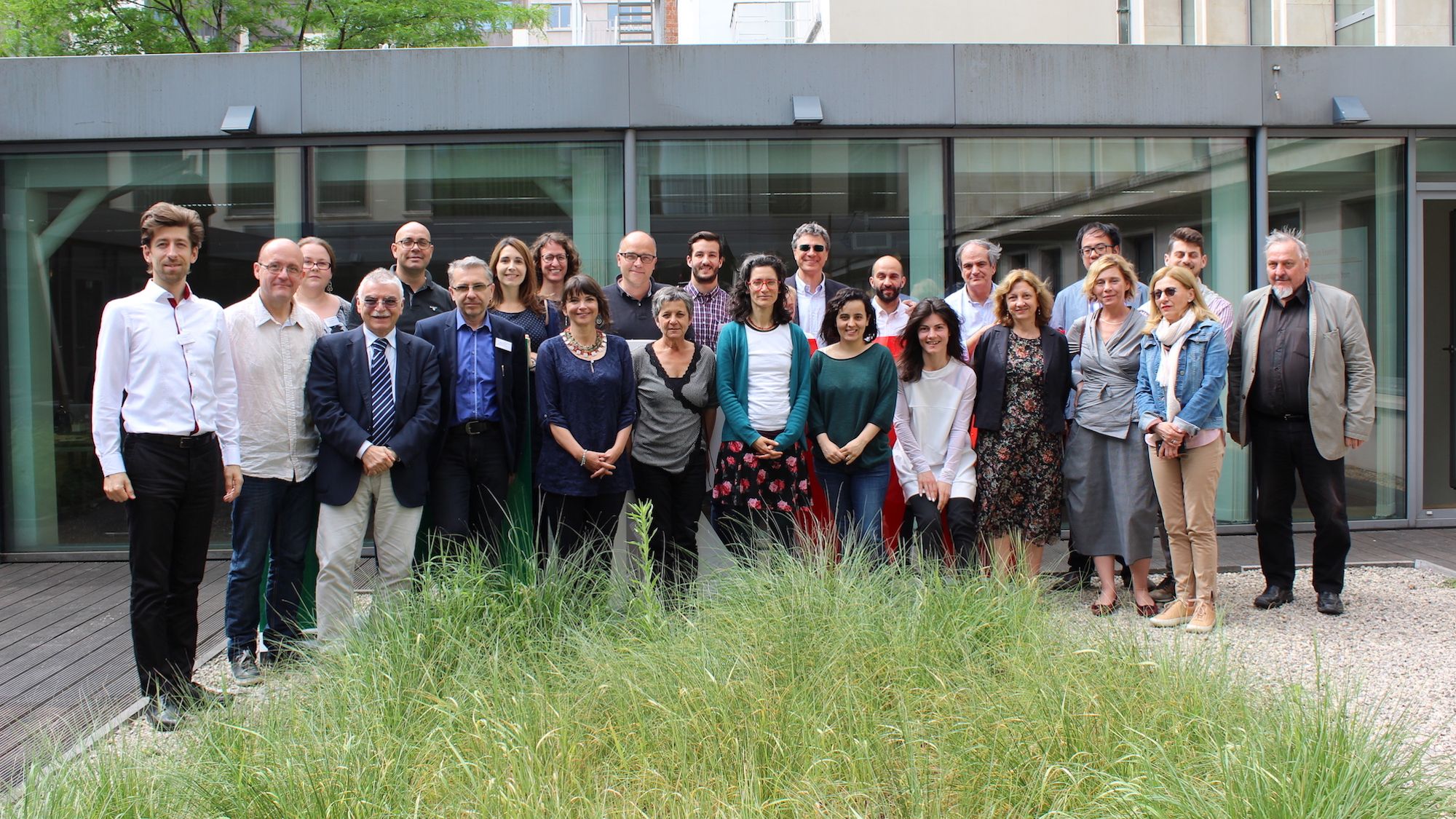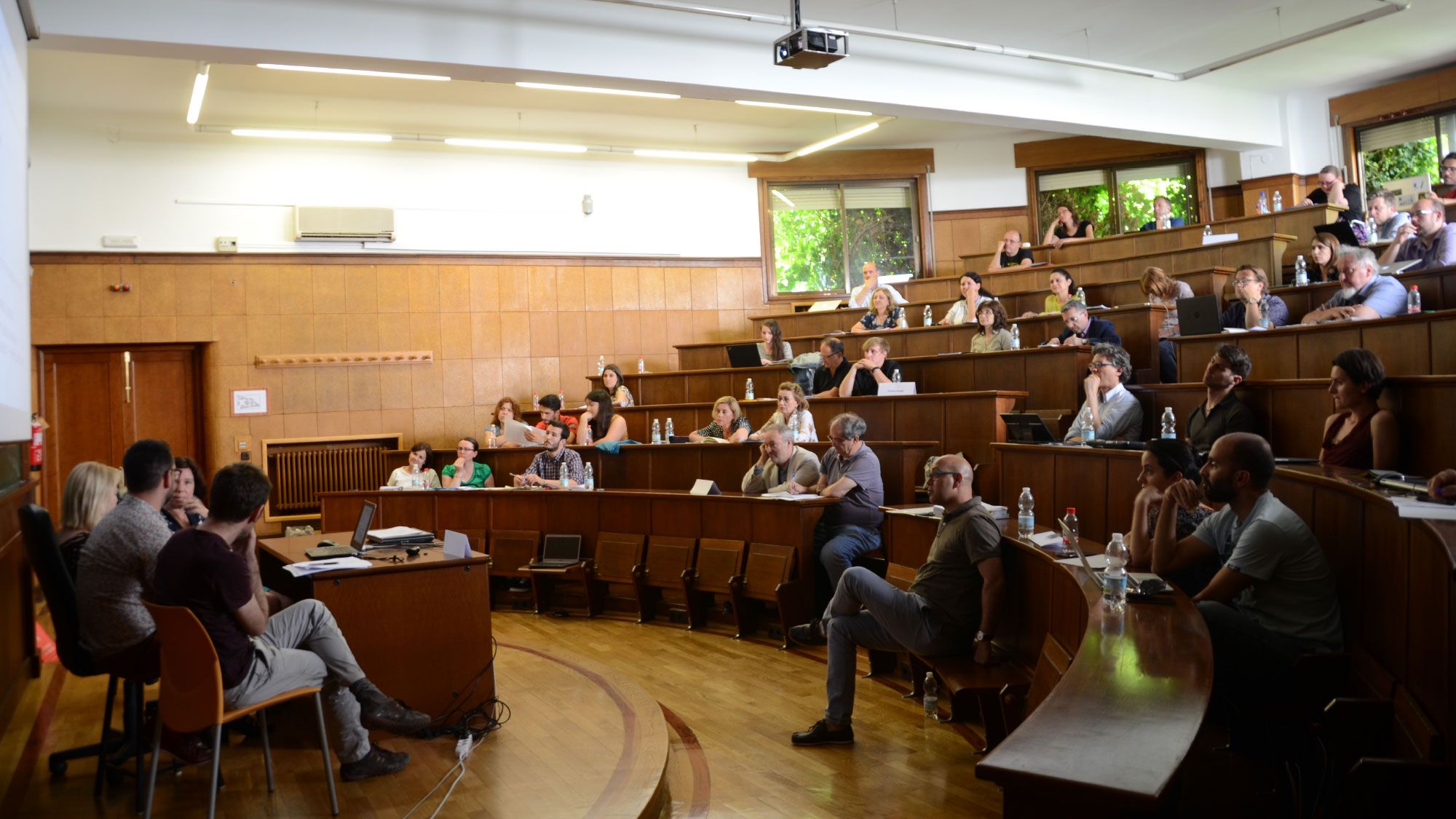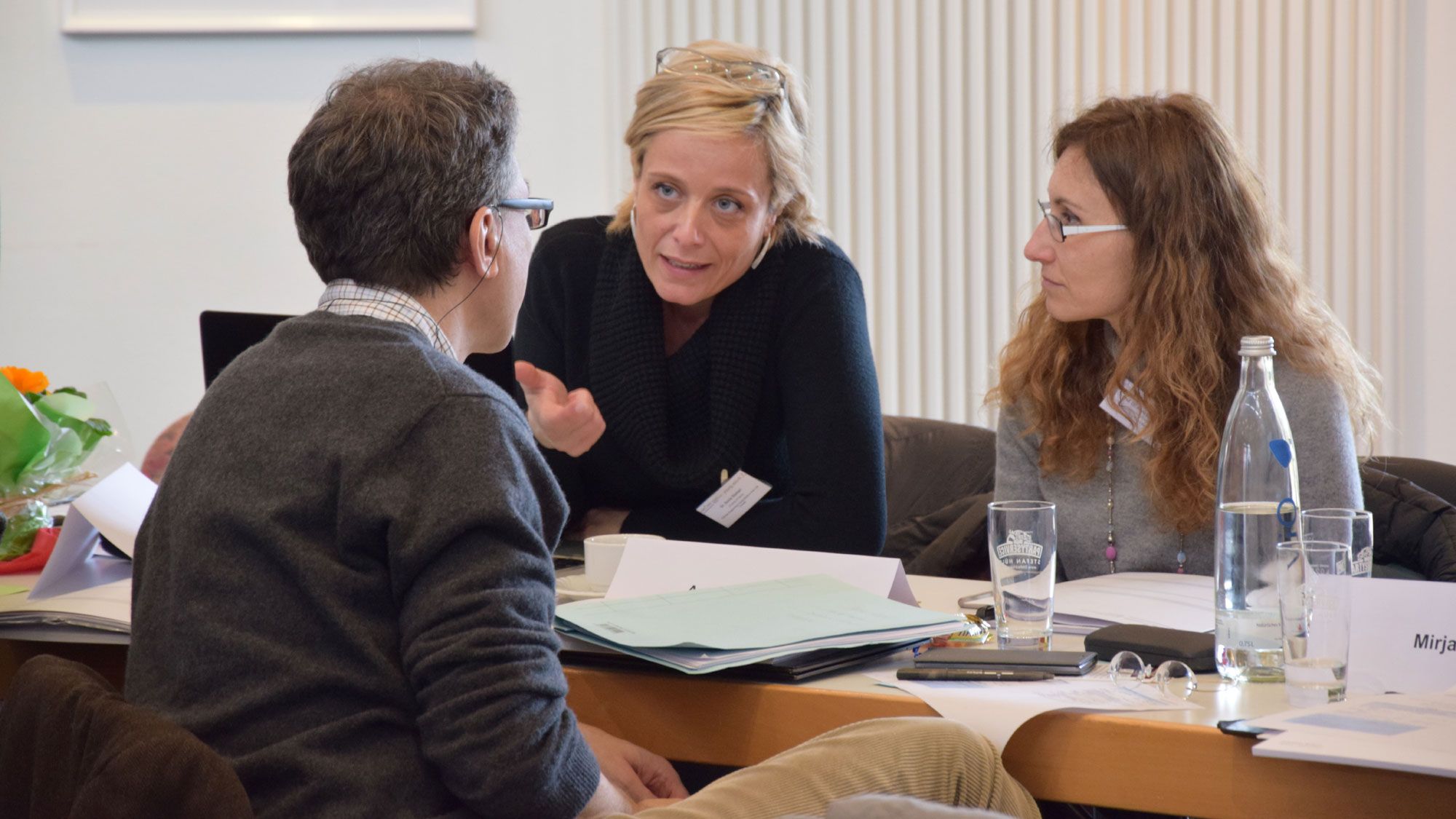Coordinated policy-making
Coordinated policy-making refers to a stipulative rather to a lexical or a theoretical definition. It denotes policy-making that successfully integrate labour market, social inclusion and individual life courses aspects of policy formulation and implementation at regional and local level. Coordinated policy-making are sustainable institutional (governance) solutions that take account of all relevant actors, stake-holders, dynamics, trends, and (mis)matches, avoiding redundancies and creating synergic effects in terms of coherence/integration of specific training or educational programs with broader social interventions for specific groups (Pohl & Walther, 2013; López Blasco et al., 2003). These institutional solutions allow governments to develop and implement regional and local skills strategies that coordinate the activities of different areas of government (education, work, economy) and facilitate the involvement of non-governmental actors (business, training institutions, civil society) in the planning, regulation and provision of lifelong learning opportunities in a particular territory.
In YOUNG_ADULLLT it refers to the task of (1) identifying successful and sustainable programmes and (best practice) policies in terms of sustainable solutions in integrating labour market, social inclusion and individual life courses conditions, contingencies, and necessities; (2) inquiring into their necessary sufficient conditions as well as contextual parameters; and deliberating on their transferability to other contexts. In particular in WP 7 (Regional/local Case Studies), results from previous WPs are integrated with in-depth case study analyses of selected regions/localities and topics related to LLL policies in order to reach a better understanding of the structural relationships, functional matching(s), and specific forms of embedding of LLL policies in the regional economy, the labour market and individual life projects of young adults. The latter, in turn, may be defined as regional/local landscapes of policy-making and be related to specific functional regions.
References
López Blasco, Andreu, McNeish, Wallace & Walther, Andreas. (2003). Young People and the contradictions of inclusion: Integrated Transition Policies in Europe. Bristol: Policy Press.
Pohl, Axel &Walther, Andreas. (2013). Perspektiven einer integrierten Übergangspolitik. In Schröer, Wolfgang, Stauber, Barbara, Walther, Andreas, Böhnisch, Lothar & Lenz, Karl (Eds.). Handbuch Übergänge. Weinheim und Basel: Beltz Juventa
(Marcelo Parreira do Amaral, Hans-Georg Kotthoff & Oscar Valiente)










